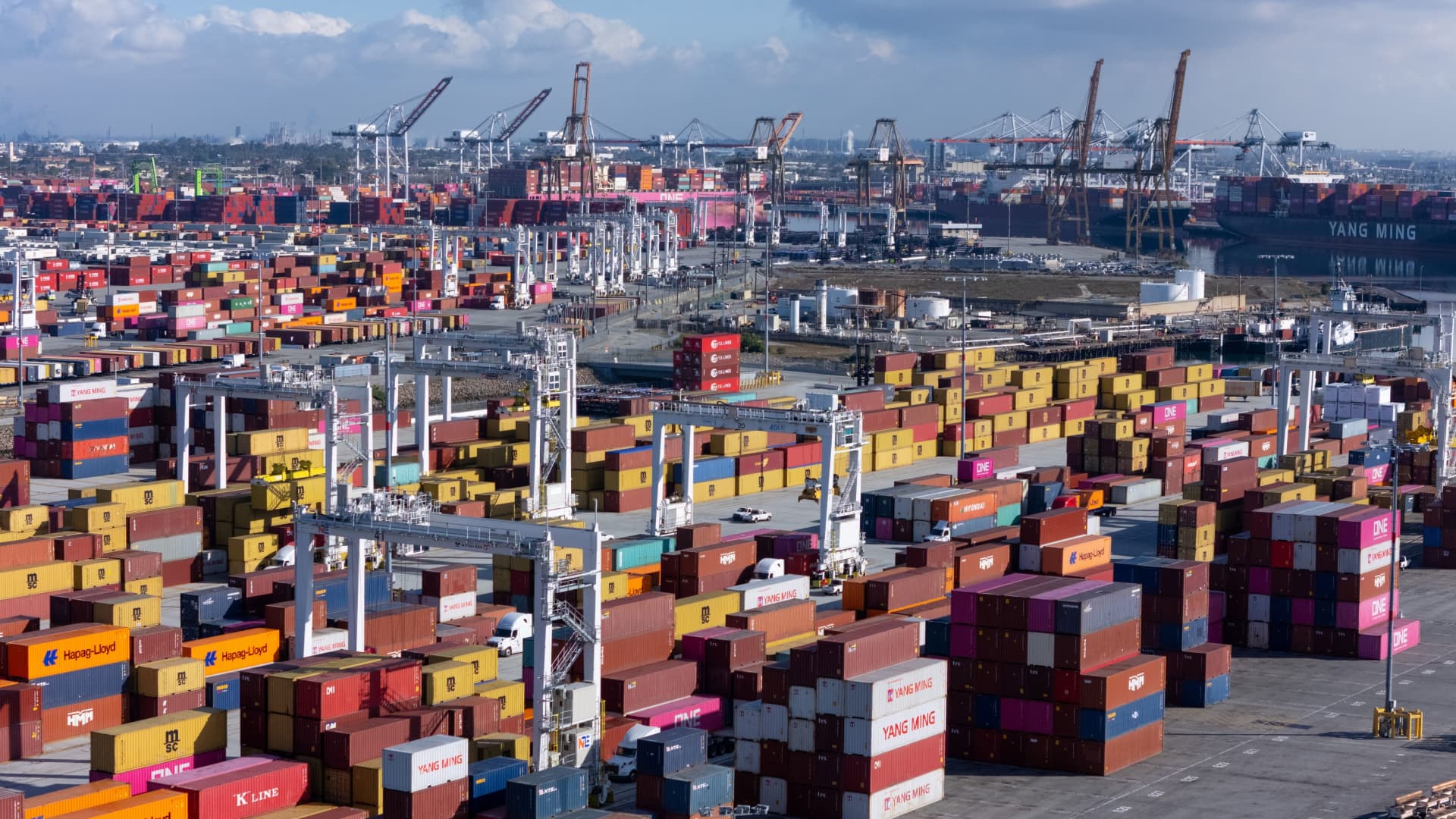Navigating Energy Dilemmas: Could U.S. Tariffs Drive a Shift to Venezuelan Oil?
In recent years, the global energy landscape has been evolving rapidly, influenced by various factors such as geopolitical tensions, climate change initiatives, and the ongoing energy transition. One of the latest developments that has caught the attention of policymakers and analysts alike is the potential pivot towards Venezuelan oil, as suggested by Canada’s Foreign Minister Melanie Joly. With U.S. tariffs reshaping the energy landscape, the question arises: could this shift be an unavoidable solution for American oil needs?
The Current U.S. Energy Landscape
The United States has long been a major player in the global energy market, driven by its vast natural resources and technological advancements. However, the recent imposition of tariffs on certain energy imports has created a ripple effect throughout the industry. Tariffs on oil imports, particularly from countries like Russia and Iran, have led to increased prices and a push for alternative sources of energy.
As the U.S. grapples with its energy needs, the focus has shifted towards domestic production and partnerships with neighboring countries. Canada has traditionally been a close ally in this regard, providing a steady supply of oil through pipelines and other means. However, as geopolitical dynamics shift, the possibility of turning to Venezuelan oil has emerged as a controversial yet plausible option.
Understanding Venezuelan Oil: A Double-Edged Sword
Venezuela possesses some of the largest oil reserves in the world, yet its production has plummeted due to years of economic mismanagement, political turmoil, and international sanctions. Despite these challenges, the potential for Venezuelan oil to supplement U.S. needs cannot be overlooked. Here are some key points to consider:
- Abundant Reserves: Venezuela has vast oil reserves, estimated at over 300 billion barrels. This abundance could be a critical factor in meeting growing energy demands in the U.S.
- Geopolitical Implications: The U.S. has a complicated relationship with Venezuela, historically marked by sanctions and diplomatic tensions. Engaging with Venezuela for oil could dramatically alter these dynamics.
- Economic Recovery: A potential shift to Venezuelan oil could provide a much-needed boost to its struggling economy, raising questions about the ethical implications of such a partnership.
U.S. Tariffs and Their Impact on Energy Security
The imposition of tariffs has forced U.S. energy companies to rethink their strategies and supply chains. Tariffs can lead to increased costs for consumers and businesses alike, which in turn can affect economic growth. In this context, the exploration of Venezuelan oil offers both opportunities and risks:
- Cost Efficiency: If Venezuelan oil can be acquired at a lower cost compared to other international suppliers burdened by tariffs, it may provide a more affordable option for U.S. consumers and industries.
- Energy Independence: Diversifying oil sources can enhance U.S. energy security, reducing dependence on politically unstable regions.
- Environmental Concerns: Venezuelan oil extraction methods are often criticized for being environmentally damaging, raising concerns about the sustainability of such a shift.
Geopolitical Dynamics and International Relations
The potential shift to Venezuelan oil raises significant questions about the geopolitical landscape. Engaging with Venezuela could lead to a realignment of alliances, particularly in the context of U.S.-Latin American relations. Here are some considerations:
- Latin America’s Influence: Strengthening ties with Venezuela could shift the balance of power within Latin America, impacting U.S. relations with other nations in the region.
- Russia and China: Both countries have vested interests in Venezuela and may view a U.S. pivot towards Venezuelan oil as a threat to their influence in the region.
- Human Rights Concerns: Engaging with a regime accused of human rights abuses could spark domestic and international backlash against U.S. foreign policy.
Future Projections: Will the U.S. Embrace Venezuelan Oil?
As discussions around energy security intensify, the future of U.S. relations with Venezuela remains uncertain. While some analysts predict that U.S. tariffs could indeed drive a shift towards Venezuelan oil, others caution against the potential pitfalls.
Should the U.S. decide to engage with Venezuela, it would likely be under strict conditions, focusing on governance and human rights improvements. Additionally, the U.S. would need to navigate the complexities of international relations, balancing energy needs with ethical considerations.
Conclusion: A Strategic Move or a Step Backward?
In conclusion, the question of whether U.S. tariffs could drive a shift to Venezuelan oil is both complex and multifaceted. While the potential benefits are clear—access to abundant reserves, cost efficiency, and enhanced energy security—the associated risks cannot be ignored. As the U.S. navigates these energy dilemmas, careful consideration must be given to the geopolitical implications and ethical dimensions of such a partnership.
Ultimately, the decision to pivot towards Venezuelan oil will involve weighing immediate energy needs against long-term strategic interests. In a rapidly changing world, the choices made today will shape the future of U.S. energy policy and its role in the global market.
See more CCTV News Daily



